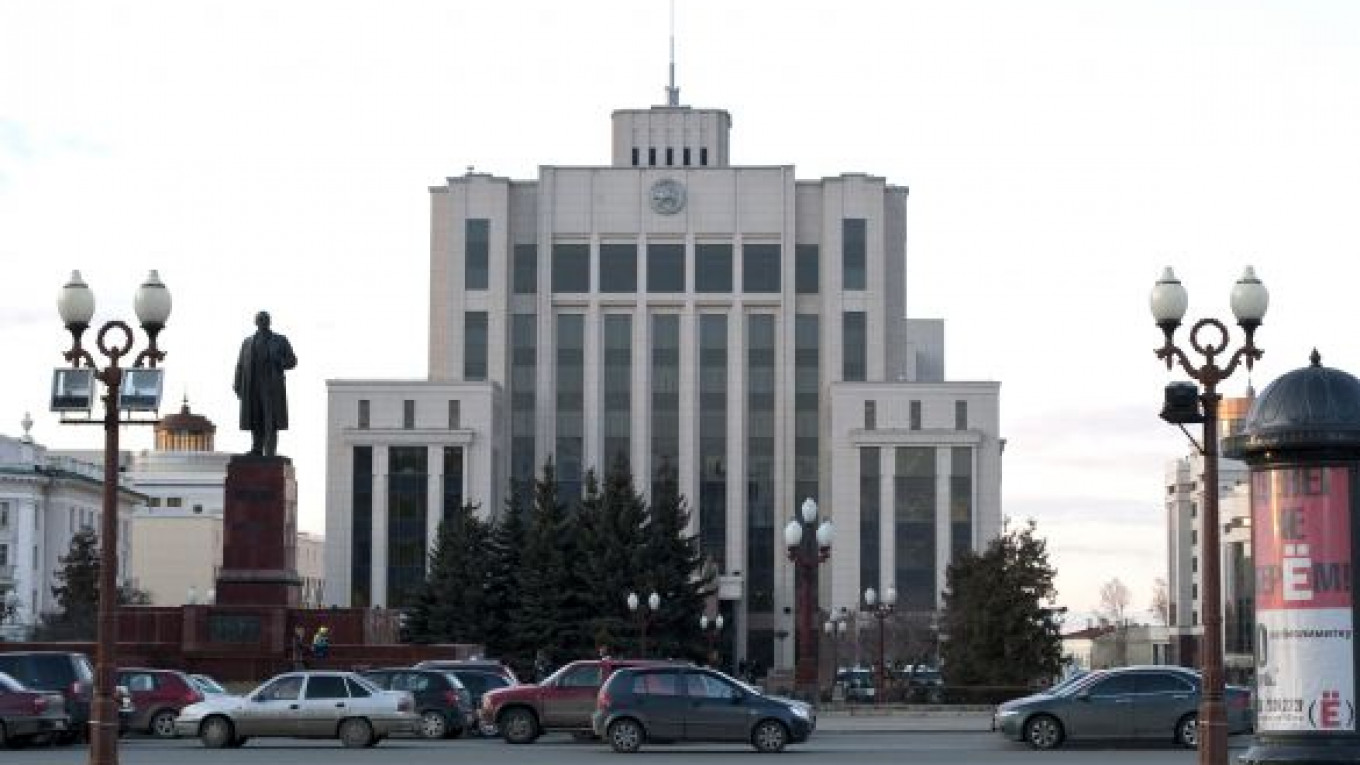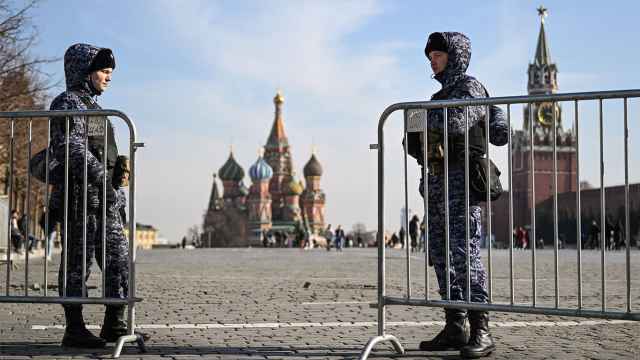As a place to do business, Tatarstan came in first and Moscow last in a survey of 10 regions released Tuesday.
Conducted by the New Economic School, the survey used World Bank methodology to evaluate business environment.
Researchers asked chief executives and owners of 100 companies in each region to identify the most serious barriers to doing business. They compared the findings with Russia's average ranking in an international survey conducted by the World Bank in 2008 and 2009.
The survey listed 15 obstacles to business success and asked participants to rank them in terms of significance.
Tatarstan only ranked competition from the "gray sector" — defined by New Economic School researcher Natalya Volchkova as companies that dodge taxes — as the only element of its commercial environment worse than the national average.
Tatarstan government officials were the first to ask for the details of the survey in an attempt to improve the regional business climate, said Alexander Ivlev, managing partner at Ernst & Young in Moscow, which helped with the research.
Moscow respondents indicated all but one problem were worse in the city than they are nationwide.
"Moscow surprised us in an unpleasant way," New Economic School head Sergei Guriev said at a news conference where the results were presented.
Other problems hampering business that the survey addressed include lack of skilled work force, access to funding, crime, corruption, taxes and political instability. Labor legislation was the problem where Moscow — which, like St. Petersburg, ranks as a region — was on par with the nationwide average.
President Dmitry Medvedev fired Mayor Yury Luzhkov last fall for lack of confidence, appointing Prime Minister Vladimir Putin's chief of staff Sergei Sobyanin in his place.
The other regions participating in the survey were Irkutsk, Kaluga, Perm, Rostov, Tver, Tomsk, Voronezh and St. Petersburg. They were selected because they have been attracting the majority of domestic and foreign investment.
The researchers identified the four most common problems for all of the regions: lack of skilled work force, strained access to funding, corruption, and competition from the "gray" rivals. Guriev said, however, that the business environment was very diverse in these regions.
Business association Delovaya Rossia named the Kaluga region the best in terms of investment climate in October, according to Vedomosti. One of the reasons was that regional Governor Anatoly Artamonov gave potential investors his cell phone number.
In the same ranking Delovaya Rossia rated Moscow as one of the least attractive places to invest.
In December, Medvedev gave regional governments until July to hammer out programs for improving conditions for investors. An advisory council at the Regional Development Ministry has recommended a model plan — including the option of making the governor's mobile telephone number available to investors.
A Message from The Moscow Times:
Dear readers,
We are facing unprecedented challenges. Russia's Prosecutor General's Office has designated The Moscow Times as an "undesirable" organization, criminalizing our work and putting our staff at risk of prosecution. This follows our earlier unjust labeling as a "foreign agent."
These actions are direct attempts to silence independent journalism in Russia. The authorities claim our work "discredits the decisions of the Russian leadership." We see things differently: we strive to provide accurate, unbiased reporting on Russia.
We, the journalists of The Moscow Times, refuse to be silenced. But to continue our work, we need your help.
Your support, no matter how small, makes a world of difference. If you can, please support us monthly starting from just $2. It's quick to set up, and every contribution makes a significant impact.
By supporting The Moscow Times, you're defending open, independent journalism in the face of repression. Thank you for standing with us.
Remind me later.






